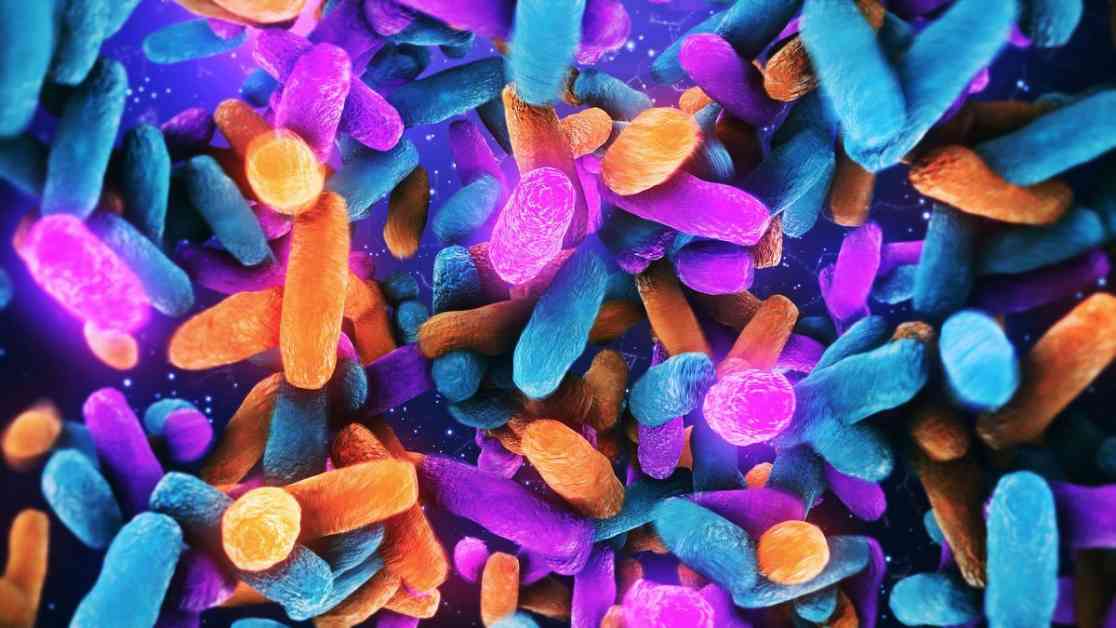The Vaginal Microbiome: Unraveling the Mysteries
In the intricate ecosystem of the human body, the vaginal microbiome stands out as a complex and fascinating territory. Scientists are embarking on a groundbreaking project to create an atlas that delves into the diverse world of microorganisms that call the vagina home. This endeavor aims to shed light on the intricacies of these microbes, including bacteria, fungi, archaea, and viruses, and their implications for women’s health.
The Importance of a Healthy Vaginal Microbiome
The vaginal microbiome plays a crucial role in women’s health, with shifts in microbial communities linked to various conditions such as pregnancy complications, chronic diseases, and infections. Understanding what constitutes a “healthy” vaginal microbiome is essential for developing targeted treatments and interventions. However, research in this field has been predominantly focused on specific populations in high-income countries, leading to a limited understanding of global diversity.
A Call for Global Research and Collaboration
In a recent commentary published in Trends in Microbiology, a group of researchers emphasized the urgent need for more comprehensive studies on the vaginal microbiome across different demographics worldwide. They highlighted the importance of expanding research efforts to encompass a more diverse range of populations to capture the true complexity of the vaginal microbiome. By broadening the scope of research, scientists hope to gain a more nuanced understanding of the functions and diversity of the vaginal microbiota.
The Isala Sisterhood Consortium: A Global Initiative
One of the pioneering efforts in global vaginal microbiome research is the Isala Sisterhood Consortium, named after Isala Van Diest, the first female physician in Belgium. This collaborative project aims to investigate the vaginal microbiome in various countries, including Peru, Cameroon, Nigeria, Spain, and the U.S. By studying diverse populations, the Isala Sisterhood Consortium seeks to uncover new insights into the vaginal microbiome and its implications for women’s health.
Potential Implications and Future Directions
The insights gained from global research on the vaginal microbiome could have profound implications for women’s health, particularly in the diagnosis and treatment of conditions like bacterial vaginosis (BV). By understanding the microbial dynamics of the vagina, scientists may develop innovative ways to modulate the microbiome and restore balance in cases of dysbiosis. This could lead to more targeted and effective treatments for BV and other related health issues.
Reevaluating the Gold Standard
As researchers delve deeper into the complexities of the vaginal microbiome, they are challenging the traditional notion of lactobacilli as the gold standard for optimal vaginal health. By taking a more global and diverse perspective, scientists aim to redefine what constitutes a healthy vaginal microbiome and develop more inclusive diagnostic criteria for conditions like BV. This shift towards a more comprehensive understanding of the vaginal microbiome could pave the way for personalized and targeted interventions in women’s health.
In conclusion, the quest to unravel the mysteries of the vaginal microbiome is a multifaceted and dynamic journey that holds immense promise for the future of women’s health. By fostering global collaboration and embracing diversity in research, scientists are paving the way for a deeper understanding of the vaginal microbiome and its implications for health and well-being. Stay tuned as we continue to explore the intricate world of the vaginal microbiome and its profound impact on women’s health and beyond.










